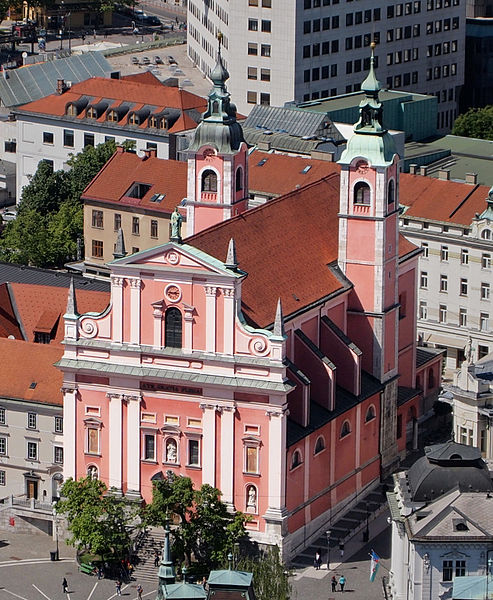
Bennett Briggs
A melting pot of languages, cultures, geographic features, trade, and history meet in the south-central European country of Slovenia. Before WWII, 97% of the country identified itself as Catholic, but after war and a decade of communist rule, the country became more secularized. According to the 2002 census, now “only” 58% of the population is Roman Catholic, 2% is Muslim, 2% is Russian Orthodox, and 1% identifies as “other Christian.” Additionally, 3% of the population classified themselves as “spiritual but not religious”, 10% stated that they have no religion, and 23% declared “other or unspecified” when asked about their beliefs.
The laws of Slovenia codify the government’s respect for religion and religious freedom by protecting the legal status and rights of churches, individual members, and religious communities. The law further stipulates the responsibilities of the government’s Office for Religious Communities.
The government has no formal requirements for recognition of religious groups, and they do not restrict the activities of religious groups, regardless of whether they are registered with the government. However, if a group wants to be considered a legal entity and receive tax exemptions, they must register with the Office for Religious Communities.
The Slovenian government allows religious education to be taught in both private and state-subsidized schools and preschools on a voluntary basis and outside of the school curriculum.
There have been no recent reports of abuses of religious freedom.